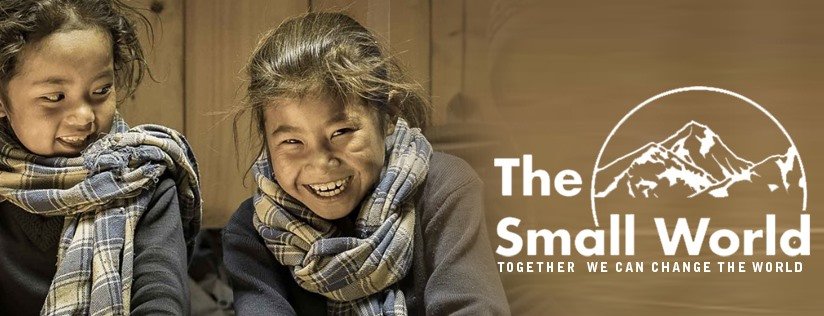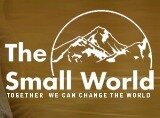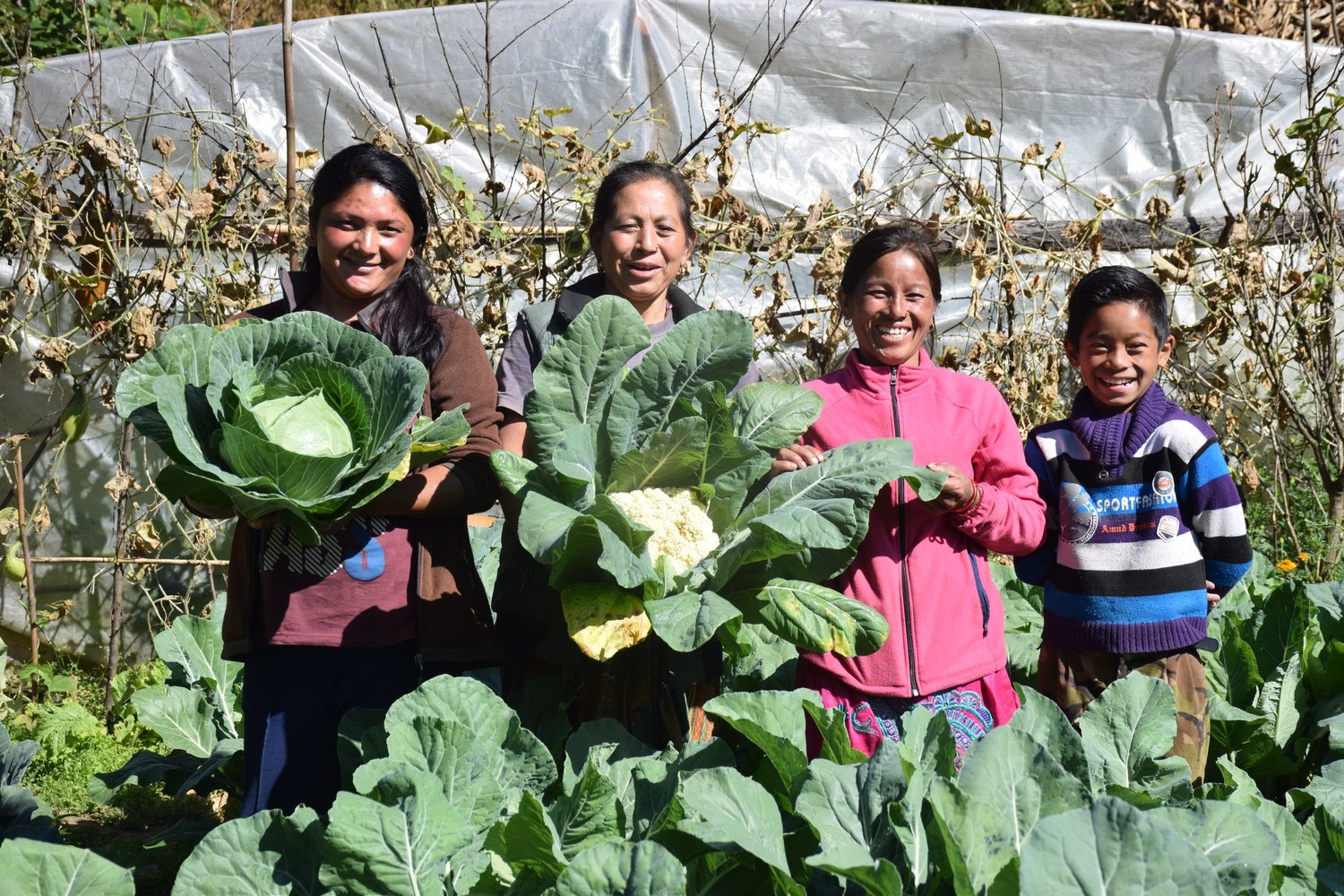
SEEDS OF HOPE: AGRICULTURAL AID
Promoting sustainable agricultural practices and reducing food insecurity in Nepal
OUR REASON FOR ACTION
Food insecurity has increased due to the long term effects of the pandemic and climate change
The COVID-19 pandemic has triggered both a health and economic crisis, posing a serious threat to food security for disadvantaged communities, single mothers, and low-income families in the remote Himalayan villages of Solukhumbhu.
At the same time, the ongoing climate crisis has brought extreme weather events such as unusually heavy rains, prolonged dry periods, and shifting seasonal patterns to the region.
Now more than ever, global food systems must become more resilient, inclusive, and focused on improving health and nutrition—especially for women, girls, and other equity-seeking groups.
OUR SOLUTION & APPROACH
Empowering marginalized farmers and livestock keepers to take action
As an emergency response during the COVID-19 crisis, The Small World distributed over 20 varieties of seeds and greenhouse tunnels to hundreds of families, enabling communities to grow crops and sustain themselves during lockdowns.
Through our Seeds of Hope program, marginalized farmers and livestock keepers are empowered with practical tools, innovative models, and inclusive approaches that strengthen local food systems. These initiatives increase access to nutritious food, reduce food loss, and promote local seed production—directly addressing urgent needs while centering the most vulnerable populations.
Our efforts focus on building equitable, climate-resilient food systems from the ground up. We believe meaningful change begins by giving voice to underrepresented groups and investing in those who are
most affected. This includes our women’s groups, which have proven to be a vital component of the program.
Each group consists of 25 women, led by two key leaders who serve as trusted liaisons between the community and The Small World team. This structure has fostered open communication, mutual support, and quick response to emerging needs.
The women have embraced this model, using it as a safe space to share challenges, find solutions, and support one another. As a result, they have strengthened not only their agricultural practices but also their sense of agency, self-esteem, and independence—building stronger, more resilient communities in the face of the pandemic and future crises.
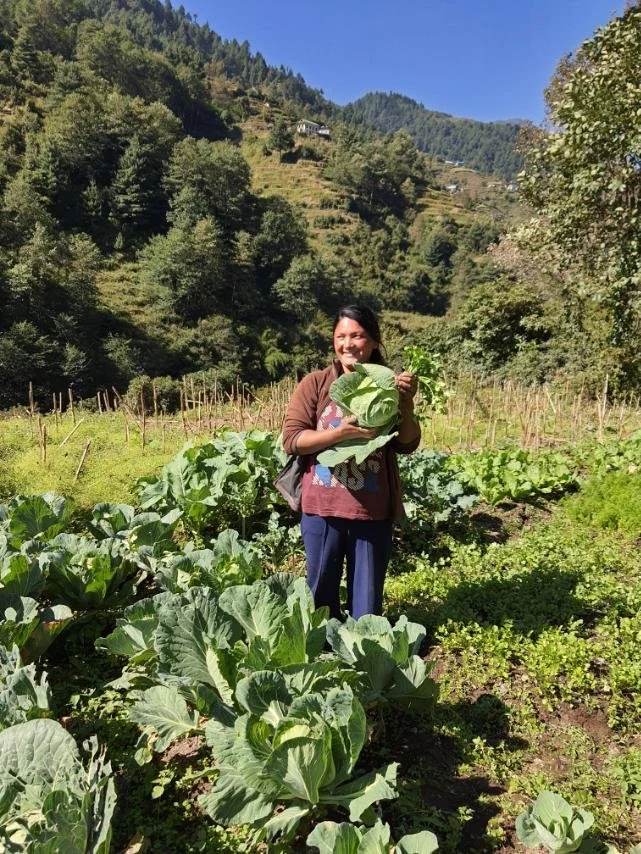
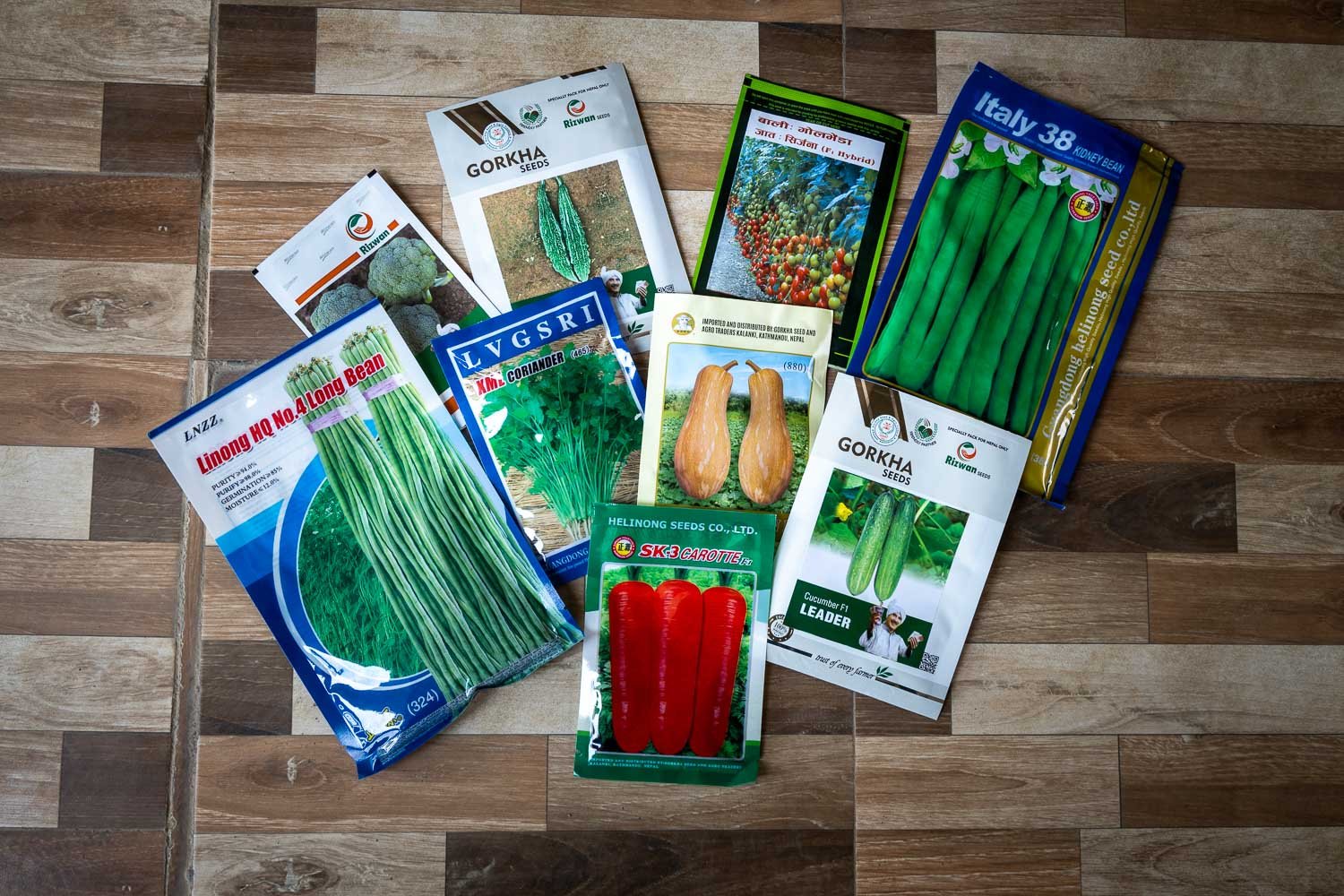

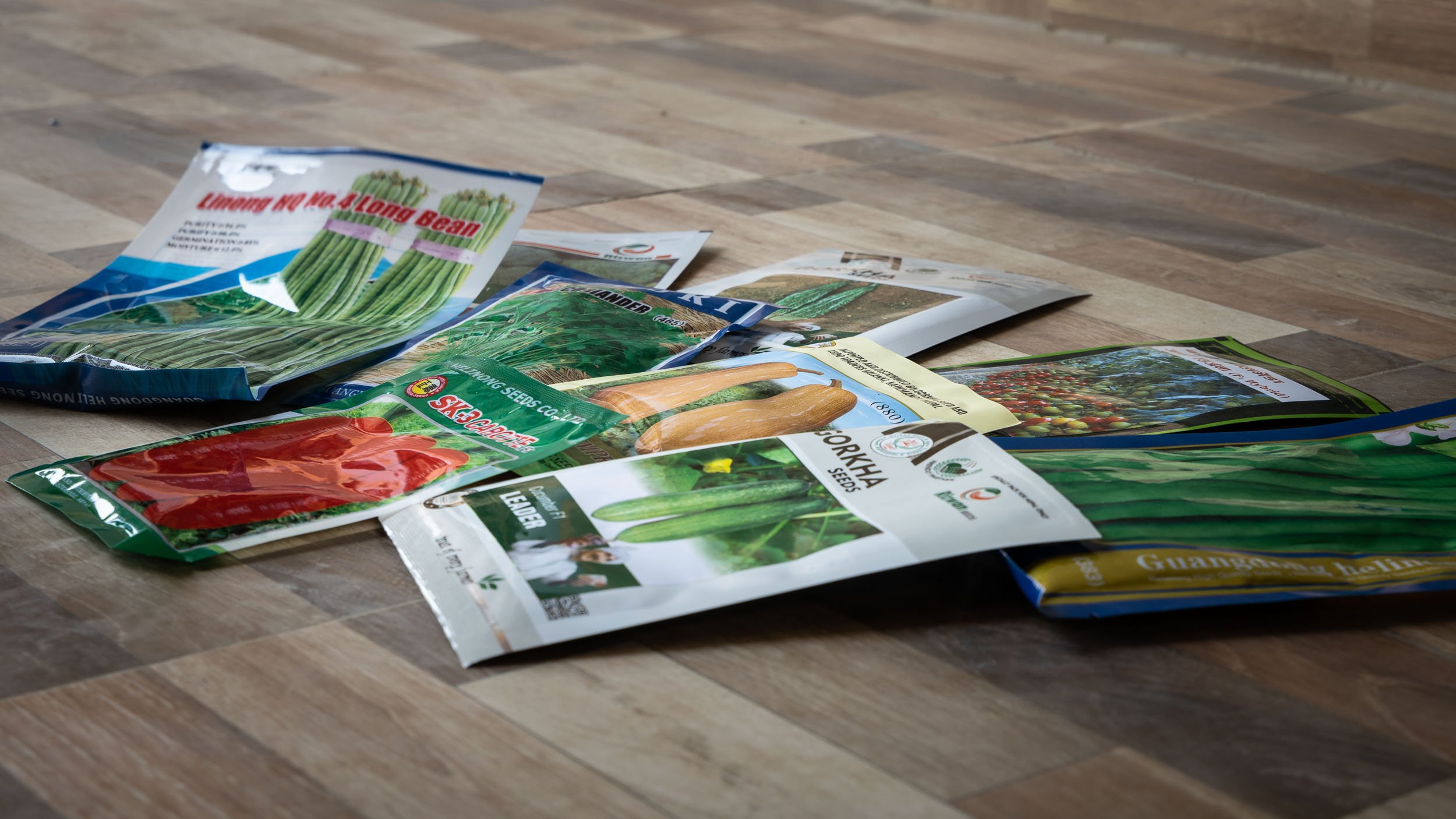
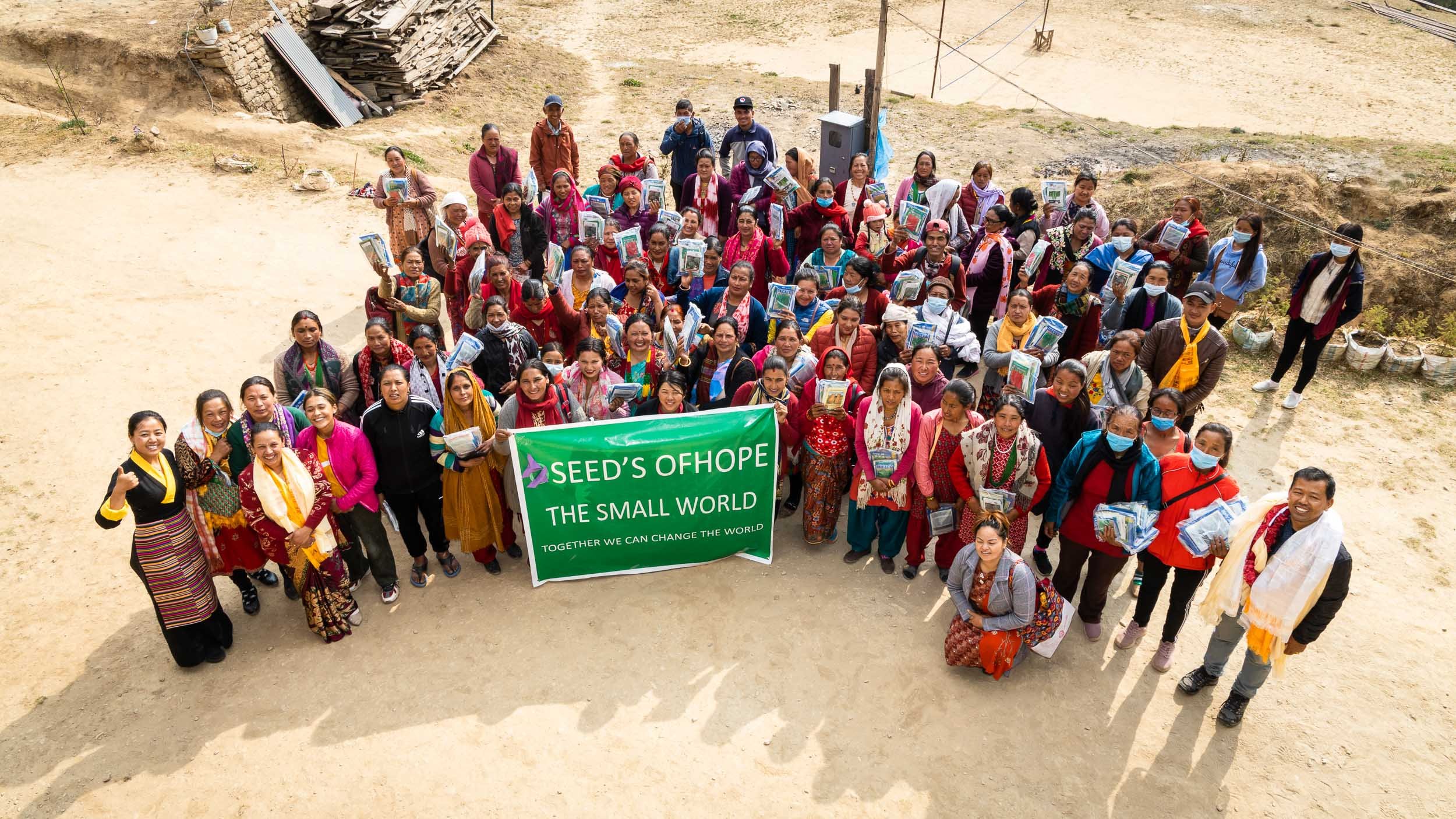
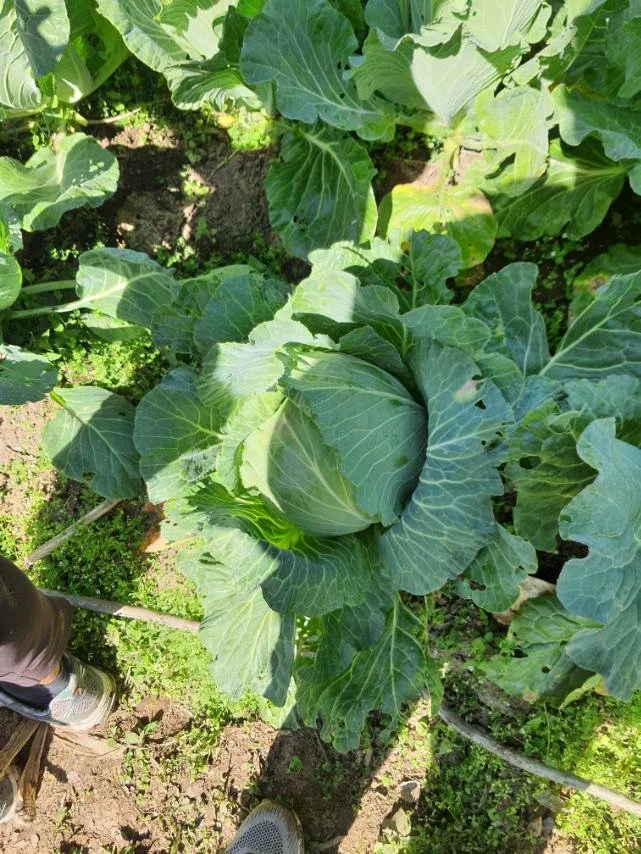



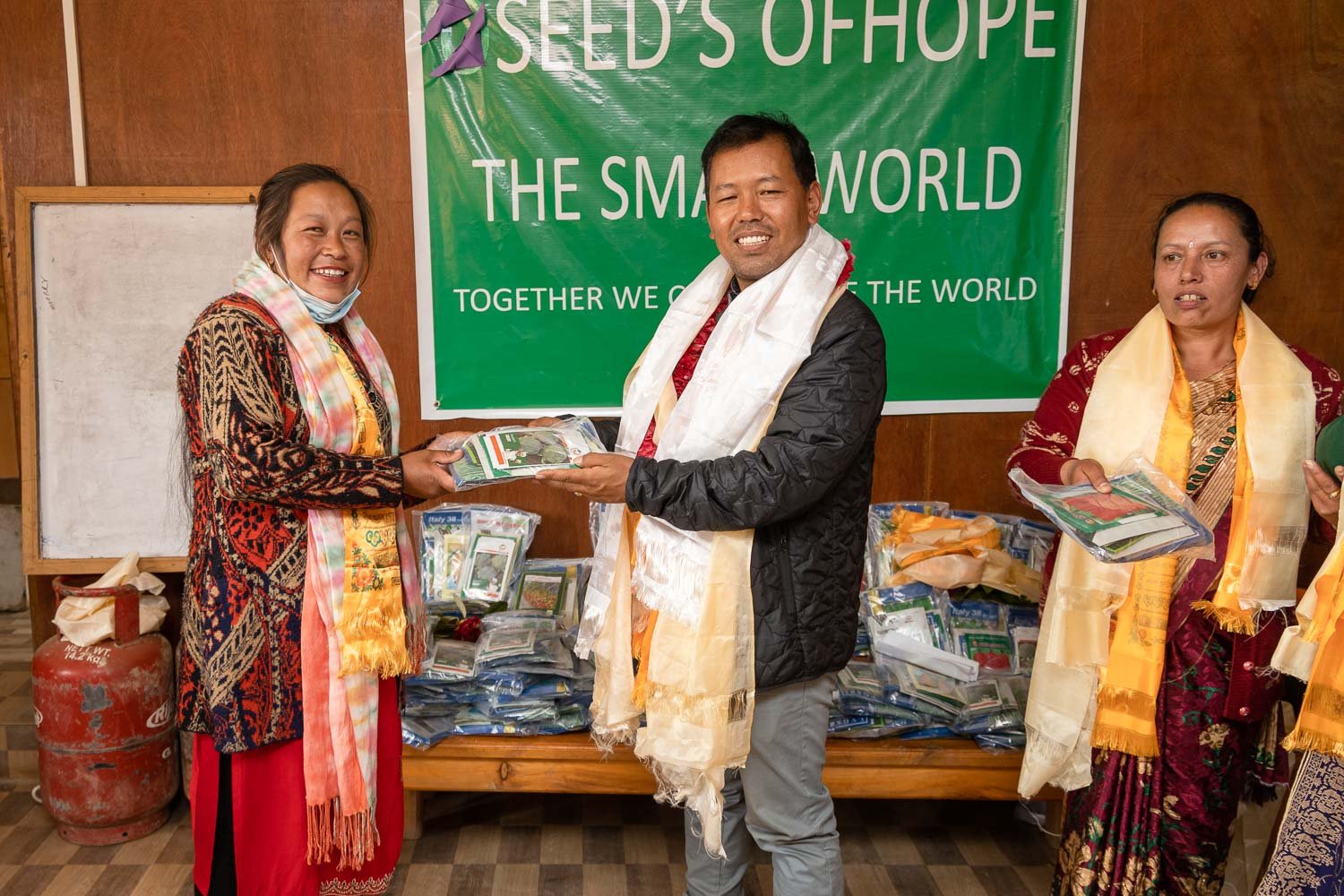

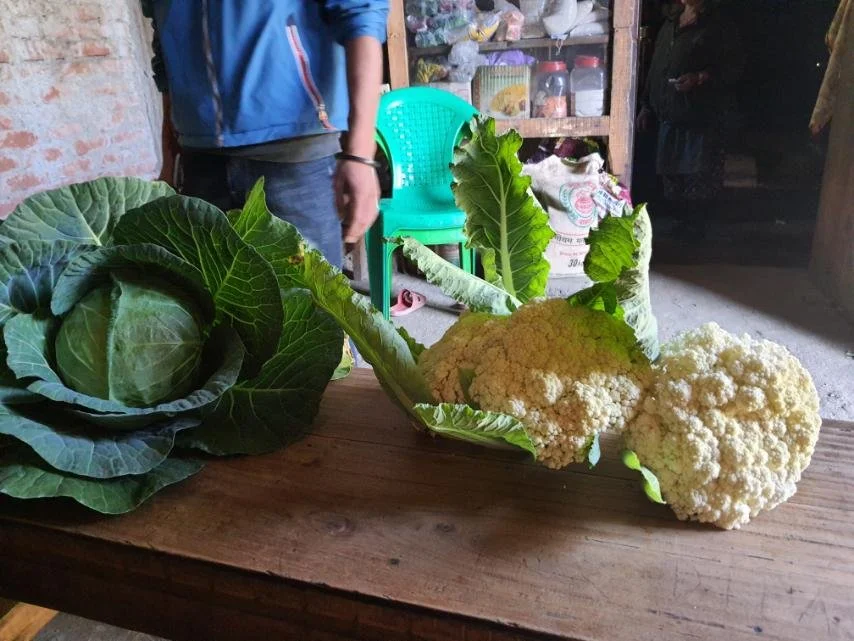
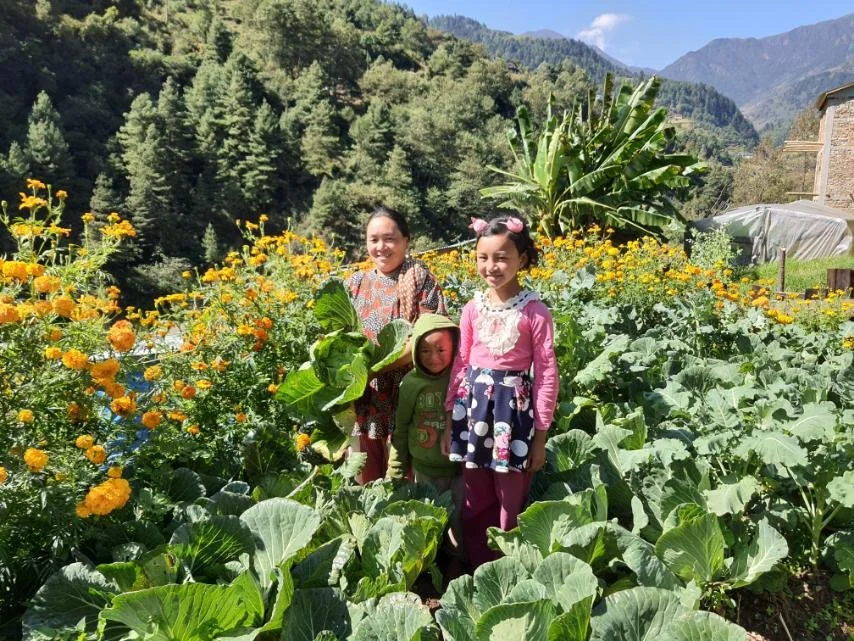

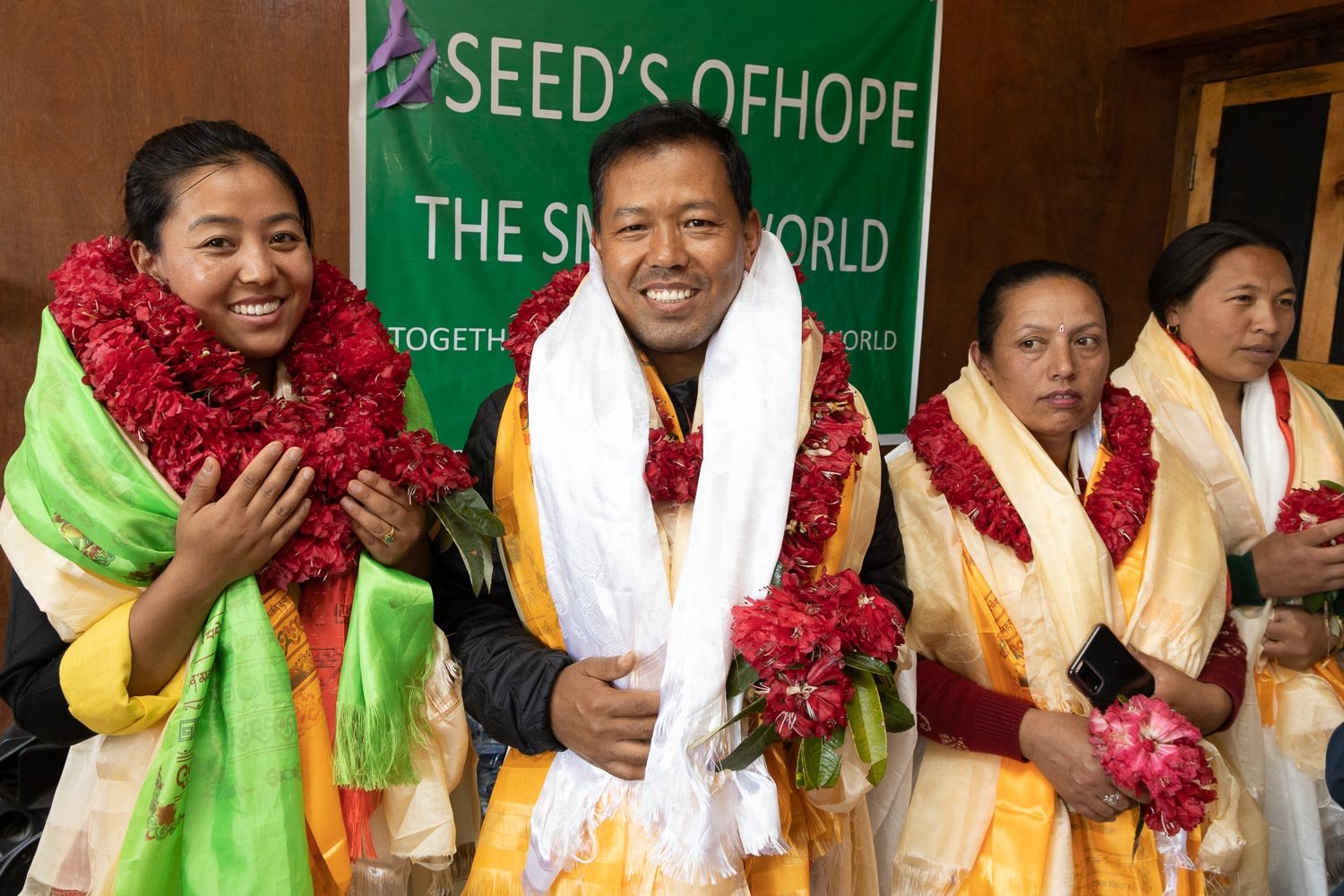
PROJECT OUTCOMES
Our Seeds of Hope have taken root, quite literally. We are now. . .
Building more resilient and inclusive food systems that limit the impact of future pandemics and/or food shortages
Ensuring food and nutrition security
Yielding income generation with market management
Providing nutrient-rich organic produce
Forming women’s groups to equally benefit the most vulnerable in every community
Empowering local communities through leadership programs

WHERE WE’RE HEADED
Aligning with the 2021 UN Food Systems Summit
We hope to continue working with local experts to enact change and build climate-resilient, inclusive food systems that align with the priorities of the 2021 UN Food Systems Summit. Donating $200 USD, will provide a family with more than 10 different kitchen garden seeds, formal training by an agriculture expert, a greenhouse tunnel to get started, group formations, leadership programs, and so much more.
ONGOING PROJECTS
Check out some of our other projects!
Girl’s Higher Education >
Providing young Nepali women with a safe space to pursue higher education, achieve their dreams, and uplift their communities.
Himalayan Hope Home >
A protection center in Kathmandu where girls are provided with shelter, parental care, love, and educational opportunities.
Weaving for Empowerment >
Teaching women marketable skills to become financially independent while preserving the tradition of colorful Nepali weaving.
